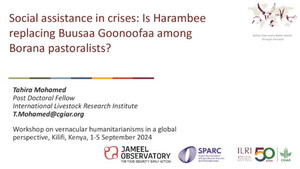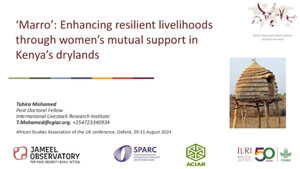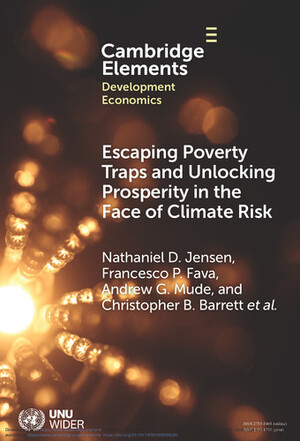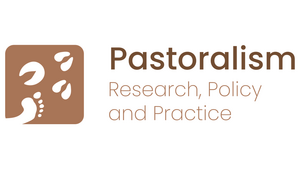
An assessment of the implications of alternative scales of communal land tenure formalization in pastoral systems
Abstract
Pastoralism faces diverse challenges, that include, among others, land tenure insecurity, that has necessitated the need to formalize land rights. Some governments have started regularizing rights for privately owned land, but this is complex to implement in pastoral areas where resources are used and managed collectively. Our aim was to assess how the scale of communal land tenure recognition in pastoralist systems may affect tradeoffs among objectives such as tenure security, flexibility, mobility, and reduction of conflicts. We used a participatory scenario-building approach to investigate alternative scenarios of land tenure recognition in southern Ethiopia where a new communal land tenure system is in the early stages of implementation. Through key informant interviews, focus group discussions, and a workshop, respondents analyzed the likely outcomes of communal land tenure recognition at different scales. Our findings suggest that there is a good chance of success when the tenure policy is embedded onto customary structures. All scales have some shortcomings, but Reera seems best, yet pastoralists preferred the Dheeda which despite its challenges, is the best for maintaining flexible mobility. There are multiple uncertainties and complexities, which suggest the for multi-pronged approaches and various support mechanisms when implementing a formal land tenure system in these areas.
Citation
Senda, T.S., Robinson, L.W.,Gachene, C.K.K., Kironchi, G. and Doyo, J. 2020. An assessment of the implications of alternative scales of communal land tenure formalization in pastoral systems. Land Use Policy 94: 104535.










